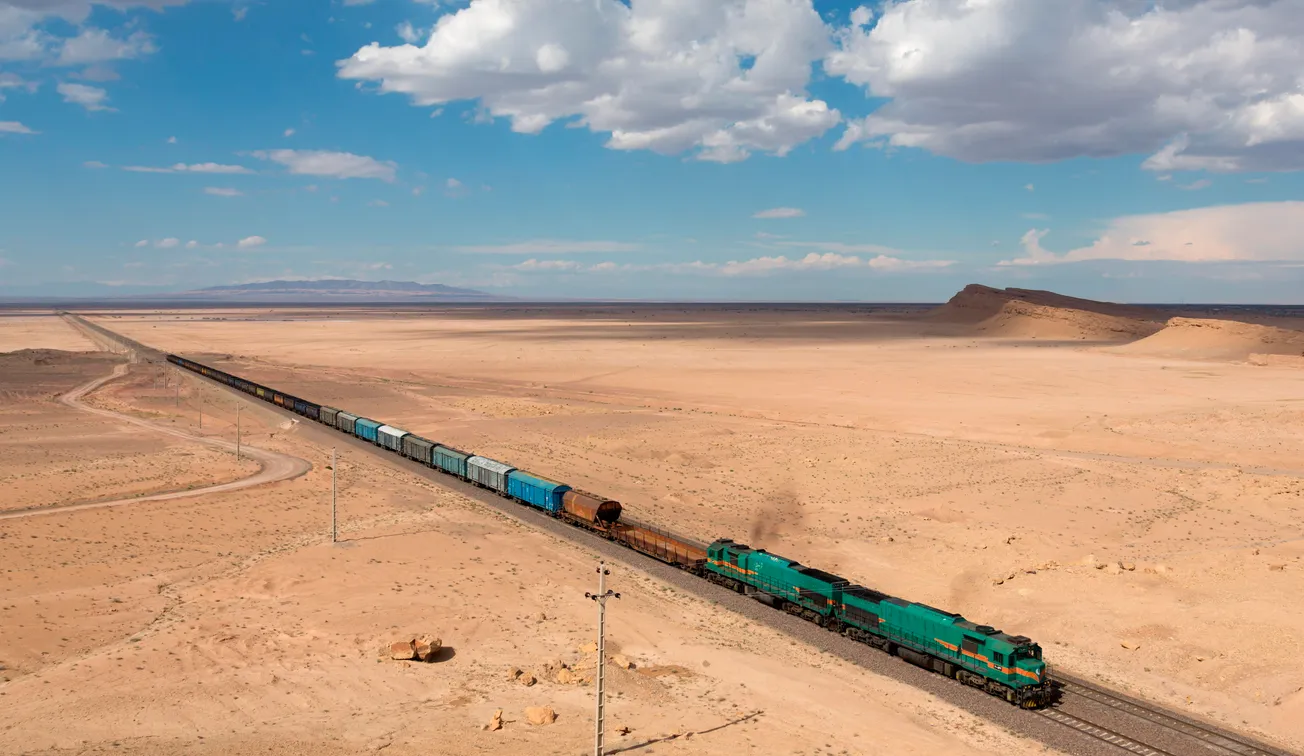The continent of Africa is teetering on the brink of complete collapse, as evidenced by the conjunction of physical, financial/economic, terror, and political crises—any of which could individually potentially undermine development programs, but which together could throw the entire continent over the edge to lawlessness, even to the point of threatening the very existence of entire nation states themselves. In its latest World Economic Situation and Prospects report, the UN says African countries “are experiencing an unprecedented economic downturn with major adverse impacts on development.”
On the terror front, from Guinea to Somalia, jihadist terror is expanding, with the continent’s two most populous nations—Nigeria and Ethiopia—both in the spotlight. ISIS in its various forms has expanded from a nexus in Burkina Faso, its supply lines reportedly shifting from east (Arabian Sea, Somalia) to the west (Gulf of Guinea, through Togo/Benin), with related piracy and drug interdictions of record proportions now occurring in the area. Beginning in January, after the Financial Times provocatively questioned its viability as a nation-state, Nigeria has been under siege, with growing “kidnapping for ransom” cases, and entire cities left powerless from attacks on infrastructure.
Hunger/starvation: The list of World Food Program assistance targets continues to grow, severe enough that Somalia was forced to issue its own plea for food in the last week. “The food insecurity situation is now extremely concerning with potentially disastrous consequences,” Somalia’s Minister for Humanitarian Affairs and Disaster Management, Khadija Diriye, said in a statement. In a list that keeps growing, Angola—which has otherwise been the number one recipient of China aid in the last ten years—has now appeared on the WFP’s “hunger” list.
Financial: The privatized electric power distributor in Kenya, Kenya Power, has just defaulted on its multi-billion (Kenya schilling) bill to KenGen, the nation’s power producer. Kenya Power has been hit by lack of payment by consumers, and has been forced into taking loans on the international markets, as debts have piled up. Separately, the Kenya government just accepted a loan from the IMF.




